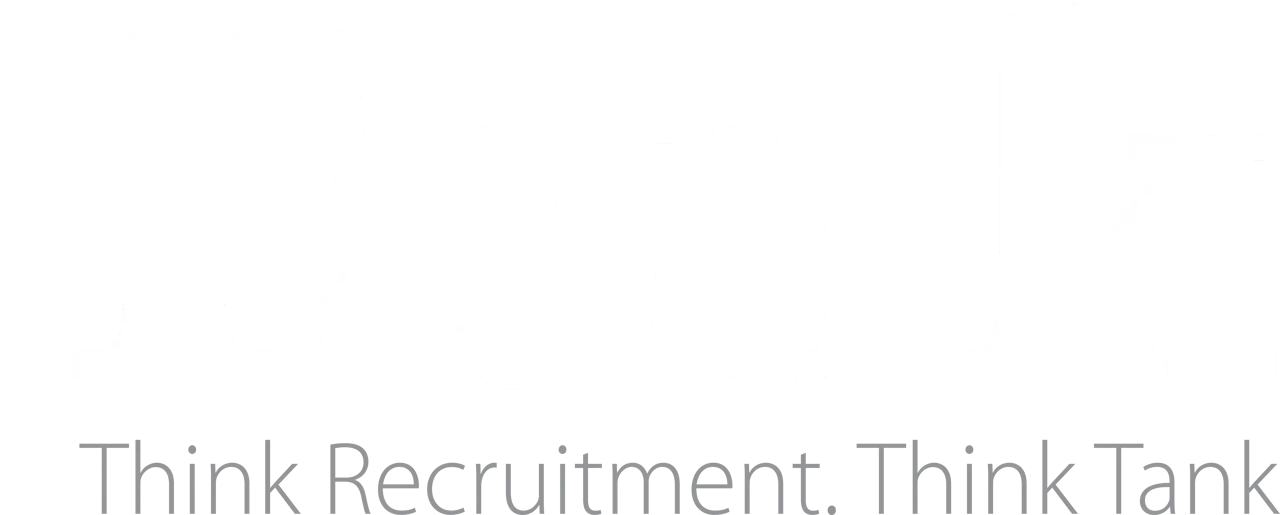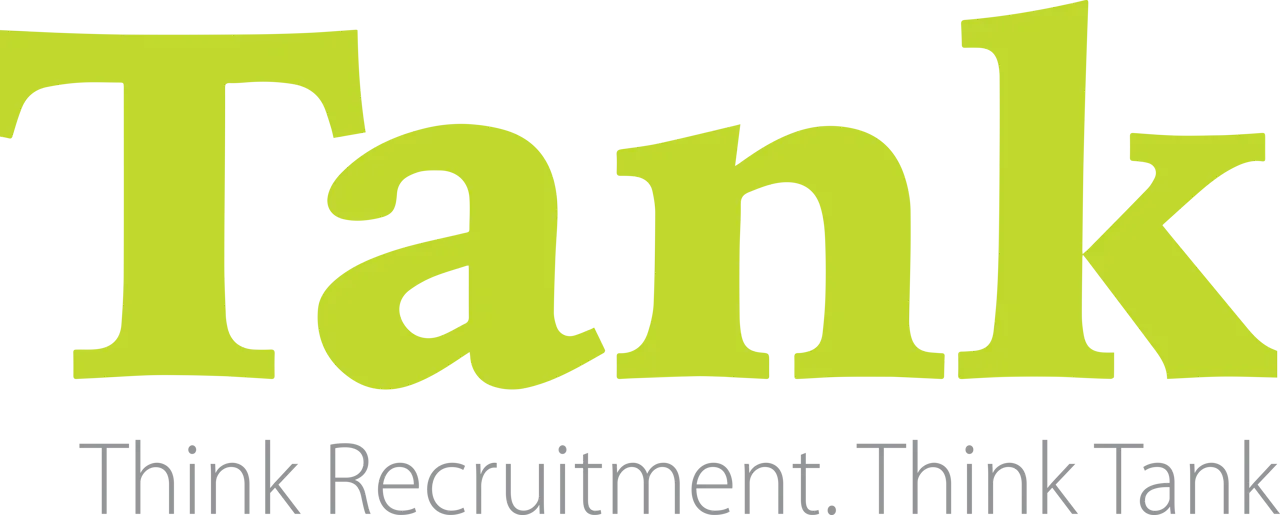.NET/Blazor developer
We're looking for a talented .NET Developer to join a collaborative, forward-thinking engineering team building modern, cloud-based web applications. You'll work across both backend and frontend development using .NET 6+ and Blazor, helping to deliver reliable, scalable, and high-quality software in an agile environment.
This is a great opportunity for a self-motivated developer who enjoys autonomy, innovation, and working with the latest Microsoft and Azure technologies in a fully remote setup.
What You'll Do
- Design, develop, and maintain web applications using .NET 6+, C#, and Blazor (Server/WebAssembly)
- Build and integrate RESTful APIs, microservices, and third-party systems
- Deploy and manage Azure PaaS solutions (App Service, Functions, etc.)
- Contribute to CI/CD pipelines, code reviews, and automated testing frameworks
- Write clean, maintainable, and well-documented code that adheres to best practices
- Develop unit and integration tests using xUnit and Moq
- Collaborate with cross-functional teams - developers, product owners, and stakeholders - to deliver impactful features
- Support and refine automated UI testing and continuous quality initiatives
What You'll Bring
Essential:
- 3+ years' experience with .NET (Core/6/8) and C#
- Hands-on experience with Blazor (Server or WebAssembly)
- Strong understanding of web app development, REST APIs, and software design principles
- Experience with unit testing (xUnit) and mocking frameworks (Moq)
- Familiarity with Git and collaborative version control workflows
- Proven ability to work independently and effectively in a remote, agile team
- Excellent communication and problem-solving skills
Desirable:
- Experience with Azure PaaS (App Services, Functions) and Azure DevOps Pipelines
- Knowledge of Cosmos DB or PostgreSQL, including data modelling and querying
- Exposure to GraphQL (HotChocolate) and cloud-native architecture
- Familiarity with Docker / Kubernetes and modern frontend frameworks
- Awareness of UI/UX principles and accessibility best practices


